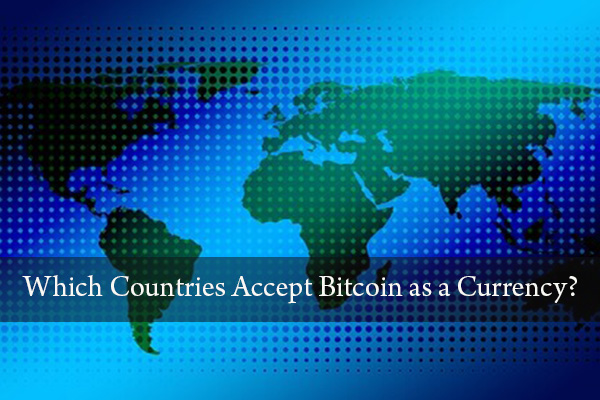Bitcoin
Bitcoin is a cryptocurrency and worldwide payment system. Unlike traditional currencies, which were frequently backed by silver and gold, bitcoin is based on distributed computing. While central banks print traditional currencies, bitcoins are created or mined by distributed computer networks.
Bitcoin differs from traditional currencies is that it is decentralized, meaning that any single organization does not control it. As a result, miners around the world create new units of the currency and confirm its transactions.
Click on Below Link: How BIG is Bitcoin? (6th Largest Currency)
Which Countries Accept Bitcoin as a Currency?
While governments may acknowledge bitcoin as a legitimate alternative to state currency and will allow its use within their sovereign domain, it does not mean the state will accept them as payment.
It means that, categorically, governments do not accept bitcoin as a transactional currency between an individual and the state.
Example, you cannot pay your taxes in bitcoins, but must instead convert them to the state currency.
- Bitcoin is an unregulated peer to peer digital currency, whereas state currencies are issued and regulated by a centralized national authority.
- Because of that many governments have been hesitant to take a public stance on bitcoins accept their usage. Some critics think that the currency is merely a bubble. More especially, they refuse to recognize bitcoin as a legal currency, considering it an imaginary currency used to make illegal purchases of guns and prohibited substances.
- Some critics contend that hackers, terrorists, and money launderers all pose a threat to bitcoin. Further, they assert the odds that the digital currency will fail are high.
Click on below link: Top 10 Countries accept Bitcoin
A significant issue facing widespread adoption of bitcoin continues to be the regulatory environment. While some authorities have either regulated the digital currency or banned it totally, others have taken no action at all. At any rate, there is no consistent stance on governing the currency. For instance, China has barred its financial firms, including banks from dealing in bitcoins. Russia outlawed the currency.
However in the United States and the United Kingdom, the countries accept bitcoin with the highest proportion of bitcoin merchants, bitcoins continue to rise despite the continued absence of an official government stance by the latter.
However, there are some countries which have been lenient towards this currency of the future and have given it right.
Where Can You Spend Bitcoin?
Many online companies or stores already accept bitcoin for the transactions. Bitcoin can be used online for a wide array of legal transactions with household name brands.
Examples include Amazon, CVS, Target, PayPal and Subway.
Benefits of bitcoin currencies are that every transaction and individual bitcoin is tagged and traceable. It means that your money simply cannot disappear without a trace.
However, the transaction issued with the bitcoin cannot be reversed they can only be refunded to the recipient. Bitcoin is not anonymous. All bitcoin transactions are stored publicly on the blockchain, which means that anyone can see your transaction and balance of any bitcoin address. However, the identity of the user behind an address remains unknown till the information is revealed during a purchase or in other circumstances.
